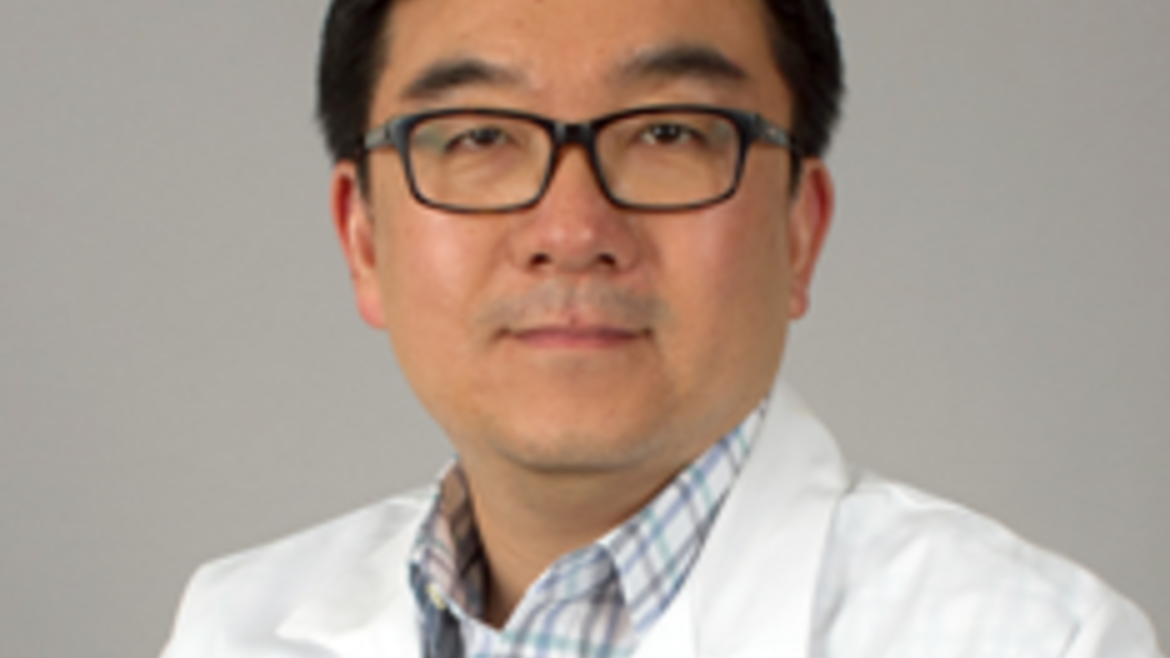Biochemistry 252 Seminar-Hyungjin Eoh, USC

The Department of Biochemistry's weekly BCH 252 seminar series is presented this week by:
Hyungjin Eoh, DVM, Ph.D, Assistant Professor of Molecular Microbiology and Immunology, Keck School of Medicine, University of Southern California
Seminar Title: "Mycobacterium tuberculosis persisters: Challenges in tuberculosis treatment"
Abstract: Metabolic networks in biological systems are functionally interactive and mutually complementary, such that malfunctions in one network are compensated by other networks, a process termed adaptive metabolism. Mycobacterium tuberculosis is the causative agent of tuberculosis and also utilizes this strategy to circumvent antibiotic effect by forming M. tuberculosis persisters. Therefore, new therapeutic options that prevent adaptive metabolism and subsequent formation of persisters are urgently needed in tuberculosis pandemic.
We used an in vitro biofilm culture to model M. tuberculosis persisters and employed cutting-edge LCMS metabolomics to elucidate the adaptive metabolism. This technical combination enabled us to pinpoint the adaptive metabolic remodeling specific to M. tuberculosis persisters. We’ve shown that M. tuberculosis persisters activate catabolic remodeling of its cell surface glycolipids to correct malfunctional networks occurred due to the absence of canonical electron transfer chain activities. The functional interaction between two separate metabolic networks significantly advanced our insight into the ability of M. tuberculosis to adapt to antibiotic stresses and hostile environments, thereby helping identify new drug targets to improve our tuberculosis control.
Faculty Host: Dr. Jikui Song; jikui.song@ucr.edu